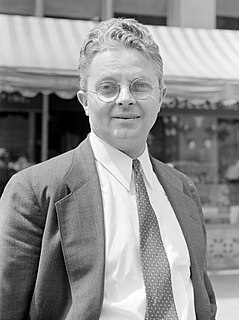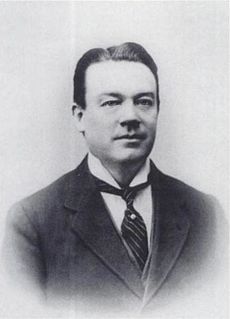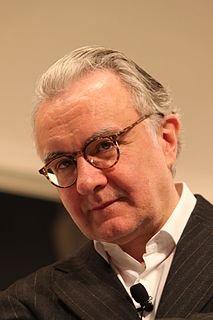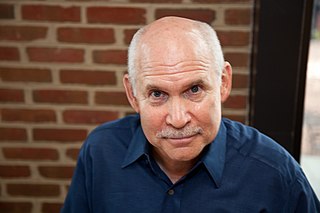A Quote by Roy Stryker
I think the best way to put it is that newspictures are the noun and the verb; our kind of photography is the adjective and adverb. The newspicture is a single frame; ours, a subject viewed in series. The newspicture is dramatic, all subject and action. Ours shows what's back of the action.
Related Quotes
Saw you walking barefoot taking a long look at the new moon's eyelid later spread sleep-fallen, naked in your dark hair asleep but not oblivious of the unslept unsleeping elsewhere Tonight I think no poetry will serve Syntax of rendition: verb pilots the plane adverb modifies action verb force-feeds noun submerges the subject noun is choking verb disgraced goes on doing now diagram the sentence
The beginning of sense, not to say wisdom, is to realize that 'doing an action,' as used in philosophy, is a highly abstract expression--it is a stand-in used in the place of any (or almost any?) verb with a personal subject, in the same sort of way that 'thing' is a stand-in for anynoun substantive, and 'quality' a stand-in for the adjective.
Whatever one wishes to say, there is one noun only by which to express it, one verb only to give it life, one adjective only which will describe it. One must search until one has discovered them, this noun, this verb, this adjective, and never rest content with approximations, never resort to trickery, however happy, or to vulgarism, in order to dodge the difficulty.
Hyacinth,” Lady Bridgerton said in a vaguely disapproving voice, “do try to speak in complete sentences.” Hyacinth looked at her mother with a surprised expression. “Biscuits. Are. Good.” She cocked her head to the side. “Noun. Verb. Adjective.” “Hyacinth.” “Noun. Verb. Adjective.” Colin said, wiping a crumb from his grinning face. “Sentence. Is. Correct.
If we hold tightly to anything given to us unwilling to allow it to be used as the Giver means it to be used we stunt the growth of the soul. What God gives us is not necessarily "ours" but only ours to offer back to him, ours to relinguish, ours to lose, ours to let go of, if we want to be our true selves. Many deaths must go into reaching our maturity in Christ, many letting goes.
Back in the Bruce Lee era, and in my era, Kung-Fu stirred up a kind of frenzy, and many people were learning martial arts from us. But about a decade ago, Hollywood began bringing in a number of our action choreographers, including two from my own stunt crew, where they became martial arts directors. Now, a decade later, Hollywood has learned it all, so when you look at the action films they're making now, they all use our action, our martial arts, and then add to that their own technology which is ten times better than ours, and it has to leave us dumbfounded: how did they film that?
If you can remember all the accessories that go with your best outfit, the contents of your purse, the starting lineup of the New York Yankees or the Houston Oilers, or what label "Hang On Sloopy" by The McCoys was on, you are capable of remembering the differences between a gerund (verb form used as a noun) and a participle (verb form used as an adjective).



































